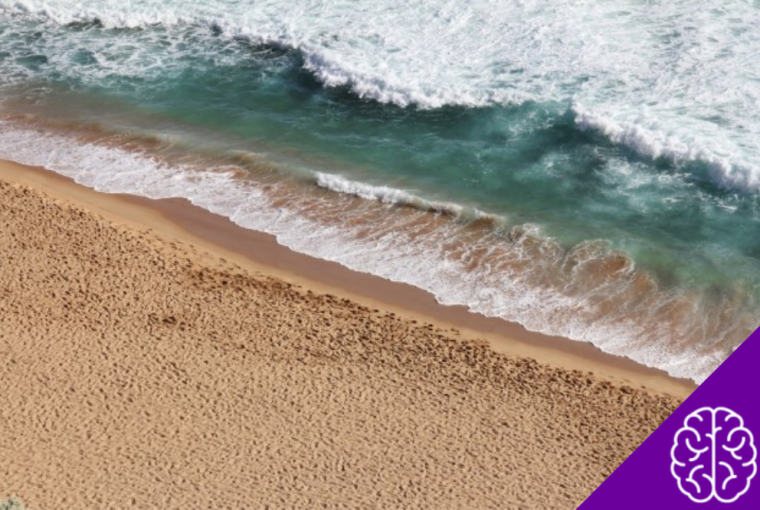One of the most common global curiosities about nature is: why is the sea salty? And surely you’ve also stopped to ponder this fact, haven’t you?
But, what is the explanation for this phenomenon? Why do the oceans have a salty taste? Is it just because there’s salt in the seawater? Is this the sole component responsible for such a characteristic?
Well, in this guide, we will not only explore the scientific and natural processes that give the sea its characteristic salinity but also weave the intricate relationship between the oceans and life on Earth.
Prepare to embark on an engaging expedition that reveals the hidden layers behind one of the simplest yet profoundly complex questions of our natural world!
Why is the sea salty?
Understanding why the sea is salty awakens a natural curiosity about one of the most common and fascinating phenomena of our planet. And know that the answer is simple and complex at the same time.
Basically, seawater is salty because it contains a variety of dissolved minerals, the most abundant being sodium chloride, known as common salt.
But where do these minerals that make seawater so salty come from? Well, that’s where the real magic happens…
These minerals are sourced from the erosion of terrestrial rocks. Rainwater and rivers, as they run over the rocks, wear them down and dissolve the minerals found within. These minerals are then carried by rivers to the oceans.
Over millions of years, rivers have deposited a vast amount of minerals into the oceans. As seawater evaporates faster than river water, the minerals become concentrated in the remaining water, making it salty.
It’s worth noting that the salinity of seawater varies according to the region, with some places being saltier than others.
For example, the saltiest seas in the world are the Mediterranean and Red Oceans, with an average salinity of 35 grams of salt per liter of water.
On the other hand, the less salty oceans are the Arctic and Atlantic Oceans, with an average salinity of 34 grams of salt per liter of water.
Furthermore, the salinity of seawater is also affected by factors such as evaporation, precipitation, and the circulation of oceanic waters.
What’s the importance of salt in seawater?
The salinity of seawater is extremely important for marine life, as fish and other marine animals require a certain amount of salt in the water to survive.
Not to mention that salinity helps maintain the fluid balance of marine animals’ bodies and also protects the animals against predators.
Another curious factor is that salinity also helps regulate the temperature of seawater and the planet, as it has a greater capacity to absorb heat, compared to freshwater.
Saline seawater is also used for the production of table salt, glass manufacturing, and the generation of electrical power.
Not to mention that the salinity of the sea has direct implications for humans. In addition to influencing global climate and weather patterns, salinity affects navigation, fishing, and even the production of fresh water through processes such as desalination.
Curiosities about Saline Seawater
- Seawater is about 35 times saltier than freshwater
- Sea salt is composed of 85% sodium chloride, 10% magnesium chloride, 4% calcium sulfate, and 1% other salts
- The average temperature of seawater is 15 degrees Celsius
- The average depth of the ocean is 3,800 meters
Conclusion
The history of the sea’s salinity dates back billions of years, from the formation of the Earth and its oceans, being a curiosity that intrigues scientists and laypeople for centuries.
So, understanding why seawater is salty is quite fascinating, as this composition plays an essential role in marine life and the Earth’s climate.
Therefore, the next time you’re at the beach, remember that the salty water you’re feeling is the result of millions of years of erosion of terrestrial rocks!


